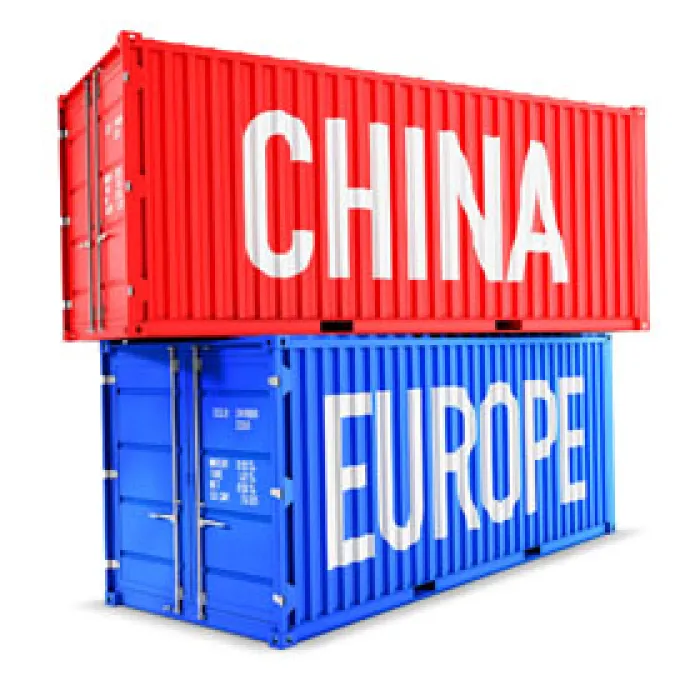EU-China Relations

The EU must take a strategic, long- term, and unified approach to China – that is the baseline of the newly published BusinessEurope paper on relations with China.
The key messages of the document are as follows:
- China is a crucial market for European companies. As the world’s second-largest economy and the EU’s second-largest trading partner, fostering a mutually beneficial relationship should remain a key objective for the EU and China. However, the increasing risks and challenges of doing business in and with China cannot be ignored.
- The EU’s “de-risking” strategy should focus on building resilience, through market diversification, reduction of vulnerabilities and risk management, particularly in strategic sectors like critical raw materials. A balanced approach across the EU’s economic security strategy’s three pillars— ’promote,’ ‘protect,’ and ‘partner’—is crucial to ensure competitiveness. The EU should remain open, avoid protectionism and pursue an ambitious, proactive trade agenda.
- The EU should defend its interests by using the strengthened trade policy toolbox to address market distortions and safeguard competitiveness of its industry. The EU should ensure its actions are balanced, WTO-compliant, and applied judiciously after thorough investigations. Maintaining a constructive dialogue with China is crucial to avoid escalating trade tensions.
- The EU should act in unison. Only a strong and united Europe can muster the economic and political leverage needed to effectively engage and compete with China. The pursuit of Member States’ individual interests should not undermine the collective EU interest in relation to China.
- The EU should adopt a strategic, long-term approach to its relations with China, moving beyond reactive, short-term responses. Lacking this, other actors will dictate the direction of the geopolitical environment and of Europe’s approach. This comprehensive and long-term vision should clearly define what Europe wants from China, and the business community should be involved in its shaping.
- The EU should continue to engage with China, as an important partner in addressing global challenges. Key areas for cooperation include climate change, reforming the WTO and standardization, alongside collaboration in healthcare, all of which require mutual political willingness and commitment.
The document also includes specific recommendations for companies, especially small and medium sized enterprises, on how to engage with China and Chinese partners.
The Confederation of Industry of the Czech Republic participated in drafting the document. This allowed us to highlight the interests of companies from not only Central and Eastern Europe but also the broader region. According to official Chinese data, trade between China and Russia increased to a record $240 billion in 2023, representing a rise of over 64% since 2021. We emphasised that China’s controversial stance on Russia’s war of aggression in Ukraine and the growing bilateral trade between Russia and China pose a significant problem for countries in our region, including implications for our economies. This must be communicated to the Chinese side at all possible levels.
The full document is available here.